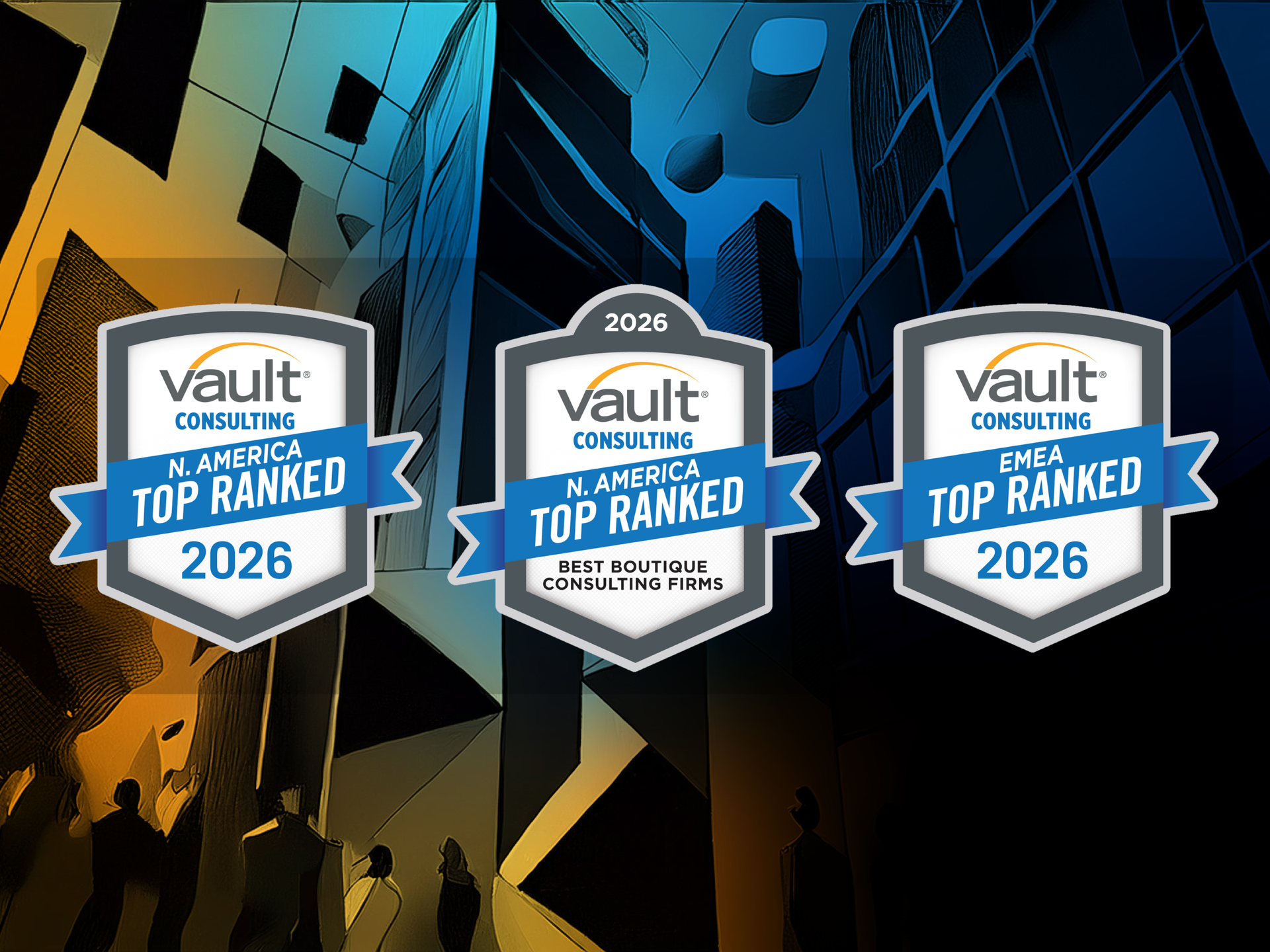Share
This article was originally featured by The Business Journals and was written by Andy Medici.
Dealmakers had big expectations for middle-market mergers and acquisitions in 2025. Although deal activity this year started off strong, the Trump administration’s tariff roller coaster has more recently cooled the market.
"It just effectively dropped an atomic bomb on the deal market. It created a paralysis, as people did not know how to react," said Christopher Fagan, middle market M&A expert and partner at accounting and advisory Moore Colson, about the tariffs. "There's an expectation gap between where we thought we would be and where we are in terms of deal volume."
The industry was already bracing for tariffs, as trade policy and tariffs specifically were defining features of President Donald Trump’s presidential campaign, but the expectation was that they would be isolated to China, Fagan said. Instead, the Trump administration in April imposed a near global 10% tariff in April as well as significantly higher tariffs on goods from China before this month agreeing to a 90-day pause on that policy.
Another set of sweeping, so-called retaliatory tariffs that were set to go into effect earlier in April were also delayed for 90 days after financial markets saw massive drops. So far, the Trump administration says an agreement has been reached with the United Kingdom that includes a partial rollback of tariffs on beef, ethanol and automobiles, with other deal points to be negotiated later.
While many economy watchers believe tariffs are a transitory issue that will soon be resolved, others see them having longer-lasting ripple effects.
"The reality is, until we remove the cloud of uncertainty around the direction the economy is headed related to tariffs, it's going to create a stagnation on the M&A front because buyers are going to want to process uncertainty into their valuations, which sellers aren't willing to accept," Fagan said. "We're caught in this circular reference of who's going to blink first."
It's not necessarily tariffs themselves causing the most upheaval but, rather, uncertainty around what they might be at any given moment, which makes it impossible to plan for the future.
"You wake up one morning and the tariff is this and, by lunch, it's that," Fagan said. "How do you make long-term decisions for your business when you can't even make a decision in four hours about what the future holds?"
The uncertainty is dragging on what many were hoping to be a year of breakout dealmaking akin to Trump's first presidential term, when low interest rates boosted the ability to close deals.
M&A deals in 2025 have been somewhat underwhelming thus far.
So far this year, there've been 12,682 M&A transactions worldwide, according to the Institute for Mergers, Acquisitions and Alliances, which is projecting 38,000 such deals for the full year. While that would be up from the 36,000 deals done last year, it would be down from the 39,000 completed in 2023 and lower than any year since 2005, with the exception of 2024.
Data from S&P Global shows while overall M&A deal value was up 8% in the first quarter of 2025 from the fourth quarter of 2024, the overall number of deals dropped 19% over the same time. In February, only 3,208 deals were announced, the lowest number of monthly deals in four years.
According to M&A platform Datasite, which facilitates more than 19,000 transactions a year, the number of deals has risen 4% so far in 2025 compared to the same time in 2024 — but the number of deals on hold also increased 9% during the same time. A recent Datasite poll that asked its users what the single biggest blocker to M&A activity is found tariffs to be the biggest deterrent, surpassing heightened regulatory scrutiny and government spending cuts.
"This unpredictability means dealmakers must be vigilant about policy changes that could accelerate, or drag out, deal timelines," said Mark Williams, global chief revenue officer at Datasite, who added M&A will continue, even if it takes longer to close a deal. "Right now, the question isn’t if M&A will happen, it’s when."
Robert Lytle, senior managing director at global business consultancy Stax, agreed tariffs are causing uncertainty and turned what could have been a robust 2025 into something more subdued. But, he said, the middle-market space is less exposed to tariffs than larger multinational companies and the S&P 500.
That includes sectors such as business services, financial, health and legal tech firms, and distributed health-care services, he added.
"There are many quality assets ready to come to market that, at first blush, appear to be simply waiting for political and market clarity," Lytle said.
Max Friar, founder and managing partner of lower-middle market M&A advisory firm Calder Capital, said while the firm had a record first quarter — closing 19 deals — that was driven by clients who didn’t close in 2024 and a larger number of buy-side clients, which are increasingly reaching out to sellers directly without waiting for them to list their business for sale.
Demand has been consistent for home and construction services, such as plumbing and HVAC, along with food manufacturer and distributor businesses. But the restaurant and retail industries are "all but dead" at the moment, Friar added.
"Fears of recession, changes in the labor market and inflation have squeezed already very tight margins, forcing many sellers out of business and buyers on the sidelines," he said.
For Fagan, the boom of artificial intelligence, which requires vast amounts of energy, also means opportunities in electrical generation and distribution. Home services and accounting services can be particularly lucrative because they are sectors where buyers can purchase a large number of such firms.
"The thesis is: I can buy a bunch of them and combine them and get synergies on running them. I can professionalize the management team and turn these into highly profitable businesses," Fagan said. "That's all that people are trying to do."
The rest of 2025 will likely still include a lot of M&A deals but the outlook is clouded by the ongoing, looming threat of changing tariffs, he added.
"There's still a market of buyers for really good businesses, and their valuations are still hanging in there, but you're not going to see a lot of the larger deal activity until this cloud of uncertainty evaporates," Fagan said. "Everything's opaque."







